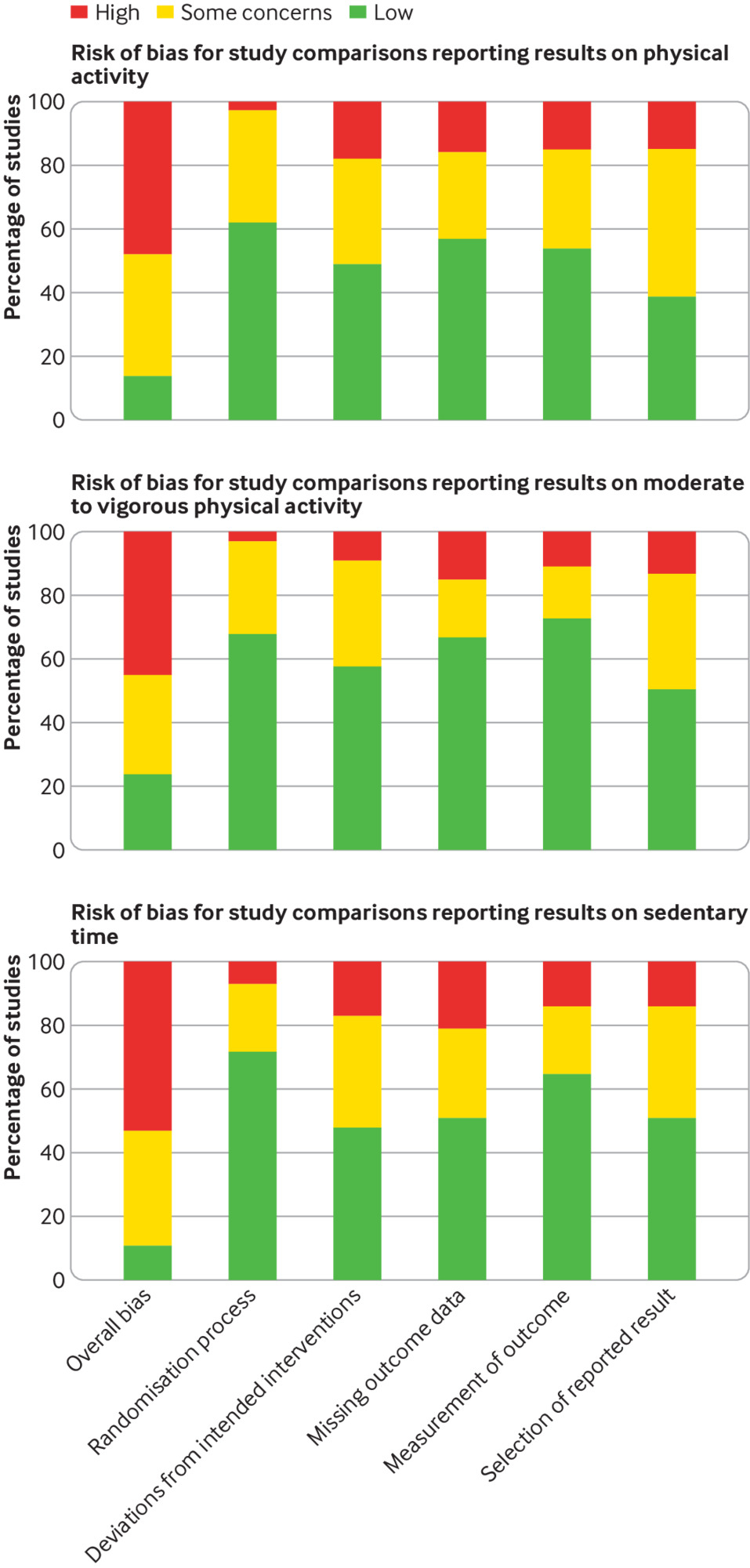Lifestyle factors may be more important than age in determining dementia risk, a new study suggests. Photo by pasja1000/Pixabay
July 13 (UPI) — Offering a spark of encouragement to healthy baby boomers, a study released Wednesday suggests that lifestyle factors may be more important than age in determining dementia risk.
Researchers in Canada have found that people without risk factors for dementia, such as smoking, diabetes or hearing loss, have similar brain health to people 10 to 20 years younger.
July 13 (UPI) — Offering a spark of encouragement to healthy baby boomers, a study released Wednesday suggests that lifestyle factors may be more important than age in determining dementia risk.
Researchers in Canada have found that people without risk factors for dementia, such as smoking, diabetes or hearing loss, have similar brain health to people 10 to 20 years younger.
“This is great news because there is so much you can do to change these factors, such as managing diabetes, fighting hearing loss, and getting the support you need to quit smoking,” said Annalize LaPlume, postdoctoral fellow at Baycrest Center for Geriatrics. Care’s Rotman Research Institute and lead author of the study.
Baycrest provides senior care in Toronto and also anchors a research network affiliated with the University of Toronto. In addition to Rotman, his network includes the scientific headquarters of the Canadian Consortium on Neurodegeneration in Aging, which is the largest national dementia research initiative in Canada.
The new study also found that a single risk factor for dementia could reduce a person’s cognition for up to three years of ageing.
The research was published in Alzheimer’s & Dementia: Diagnosis, Assessment, and Disease Monitoring, a journal of the Alzheimer’s Association.
The researchers described their study as one of the first to examine lifestyle risk factors for dementia across the lifespan.
It included data from 22,117 people aged 18 to 89, who completed the Cogniciti Brain Health Assessment developed by Baycrest. The online test takes about 20 minutes and consists of a background questionnaire and four cognitive tasks, the researchers said in a press release.
They analyzed participants’ performance on tests of memory and attention, and the impact of eight modifiable dementia risk factors on performance: low education (less than a high school diploma), hearing loss, head injury, alcohol or drug addiction, high blood pressure, smoking. (currently or within the past four years), diabetes and depression.
Scientists have found that having three risk factors, for example, can reduce cognitive performance for up to nine years of aging. And the effects of risk factors increased with age, as did the number of risk factors people had.
Older adults, ages 66 to 89, had more risk factors than middle-aged adults (45 to 65) and younger adults (18 to 44), the research paper notes.
Most young and middle-aged adults had no risk factors (58% and 46%, respectively), while most older adults had only one risk factor.
This is actionable information, the researchers said.


